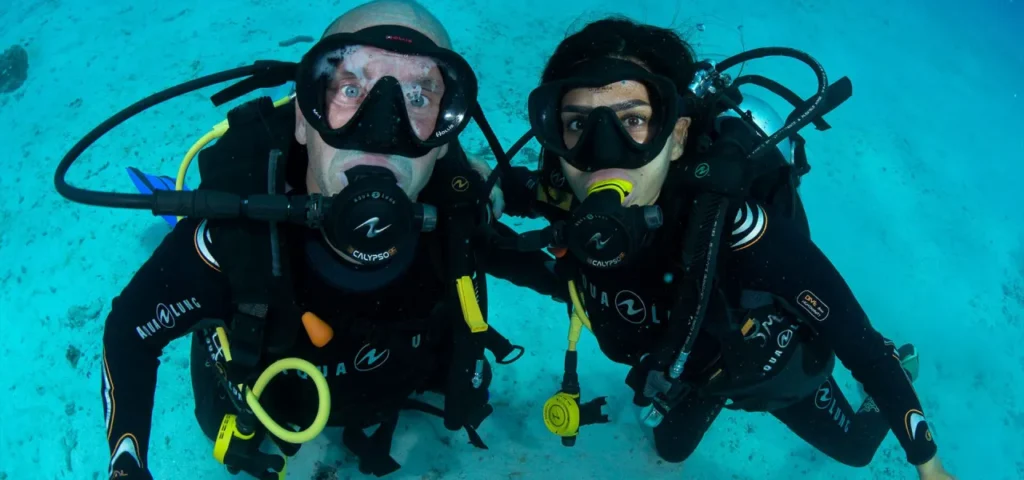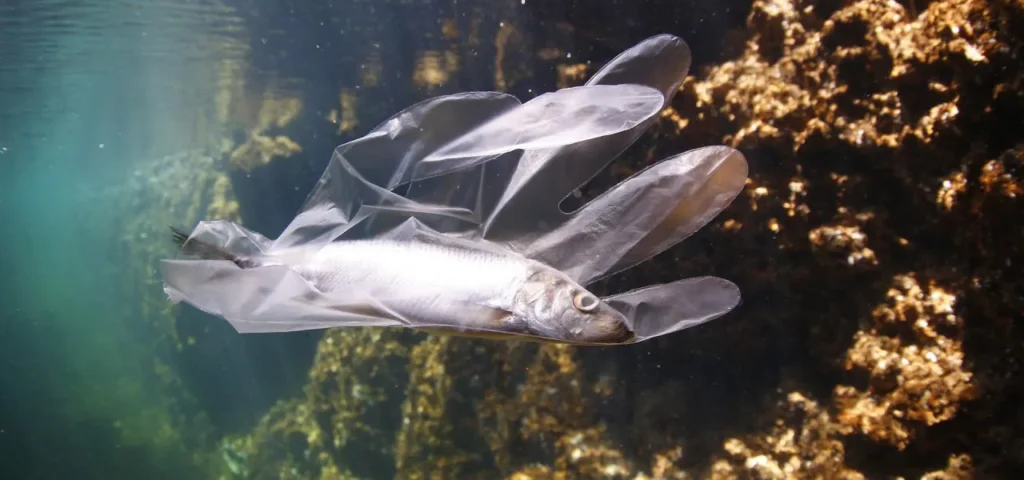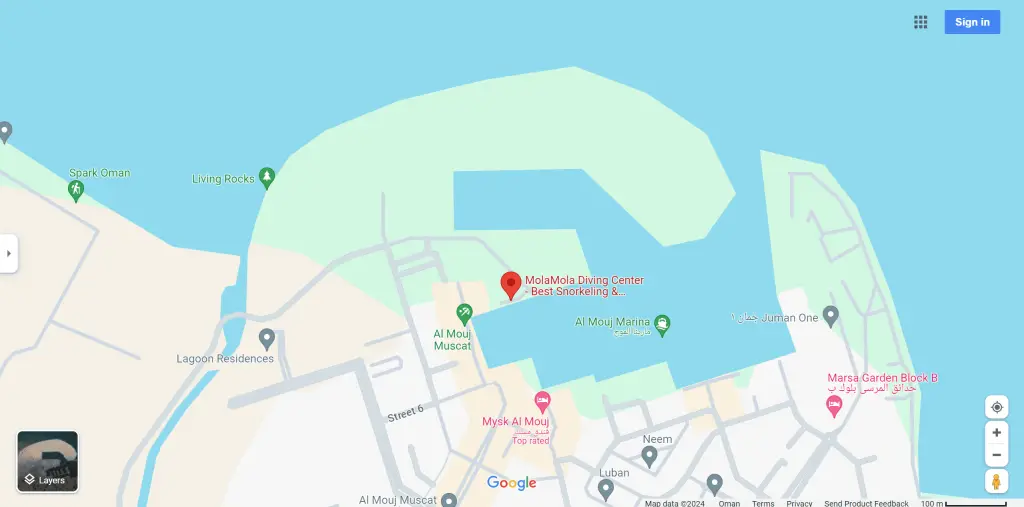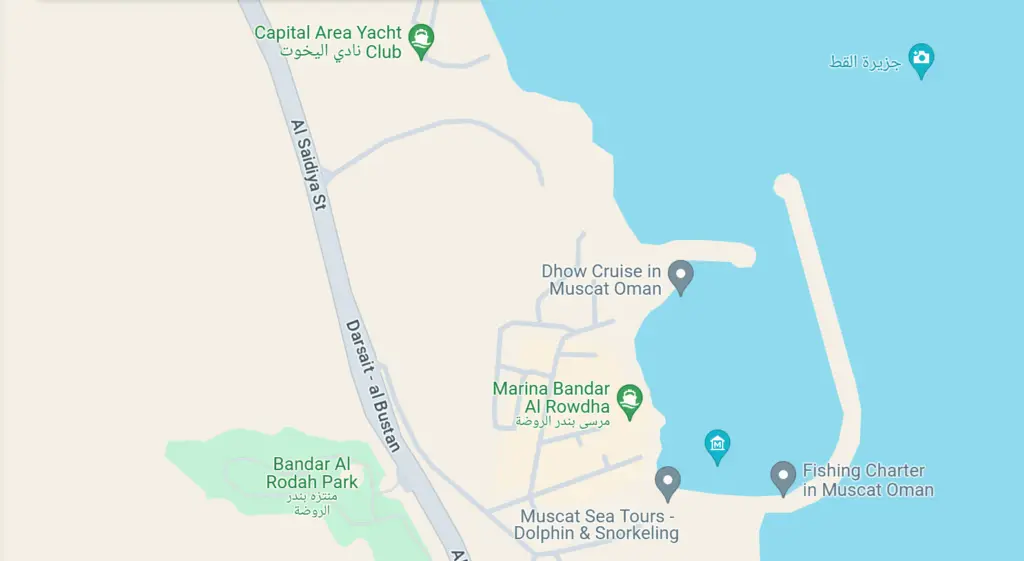Why it’s worth to do a Refresher Course!
Why It’s Worth to Do a Refresher Course! Many of us are in the same situation: Covid made us stuck in our home base, not able to travel and especially not able to Scuba Dive. Since you’ve had a long break from Scuba Diving, it is worth taking a Refresher Course. Get to know why and what the course looks like. Better to Be Over-Prepared than Risk a Problem Even though, your PADI certification never expires, it is better to be over-prepared than risk a problem because you forget something important. If you have been out of the water for a while, your Scuba skills might feel a little rusty and in need of a tune-up. A refresher is a program, where divers receive the assistance and supervision of a dive professional in a pool or shallow water environment while they review the basic skills of diving. It should also include a thorough review of equipment usage and some knowledge development. The Refresher differs from a ‘check dive’ in which a group of divers might be asked to check their weighting and perform a few skills to demonstrate basic diving competence before heading off into deeper water to enjoy a regular dive. Step by Step with a Private Instructor With us, you will be going through step by step with a private instructor. He or she will help you to set up your equipment, will review with you some of the basic skills required for Scuba Diving but will also give you some more pro tips along the way. Then together you will jump into the water, to review some basic but very important skills. You will stay below the surface until the instructor can feel that you feel comfortable again – then you can join the rest of the group for two amazing dives. Use Your Own Judgement Honestly, as from our experience, 90 per cent of the divers who ask to do a refresher don’t really need to do one, and 90 per cent of the divers who refuse a refresher really do. This makes sense: Usually people who belong to the safe, considerate diver (who everyone would love to dive with) tend to book a Refresher – even if they would be fine without it. But usually people who refuse to do a Refresher program are the ones who tend to create problems for everyone. A good diver should be able to use their own judgement to determine whether or not they would benefit from a thorough refresher program or just need an easy check-dive to get themselves back into the water. Are You Asking Yourself Now – Should I Take a Refresher? PADI suggests that divers who did not dive in the last six months should take a Refresher course. In our opinion, this can vary a bit. If a diver was certified Open Water but made no other dives after the course, then a refresher is essential if the next dive is anything more than a few months later. For a diver with less than 20 logged dives then 6 months out of the water would warrant a tune-up of some description. An absence from the water of more than two years should make even experienced divers consider a confined water session before heading out into the depths. Worried about the Handsignals? You feel like taking a PADI Refresher Course with us? Check all the details here You have been diving within the last six months but you keep on forgetting the Scuba Handsignals? Don’t worry – we got you covered with our Blog post here: The most important Scuba Diving Hand Signals. Next Post






